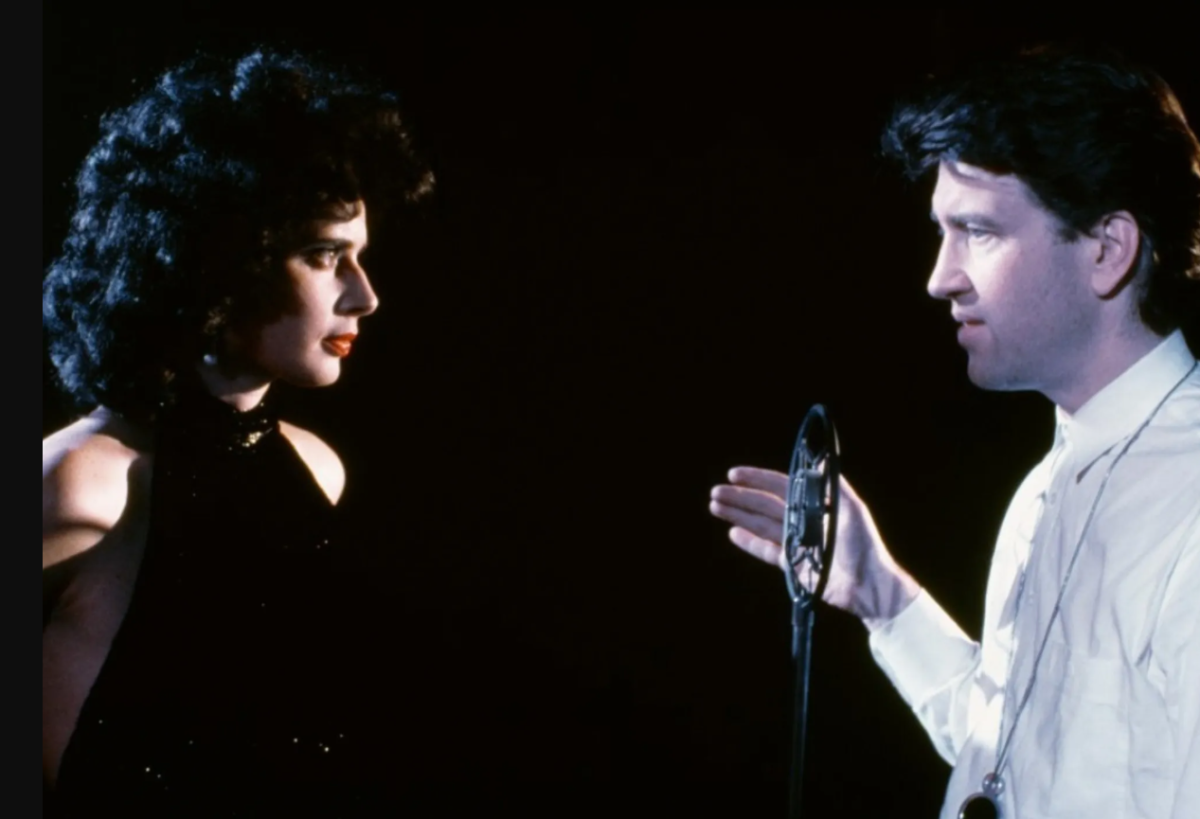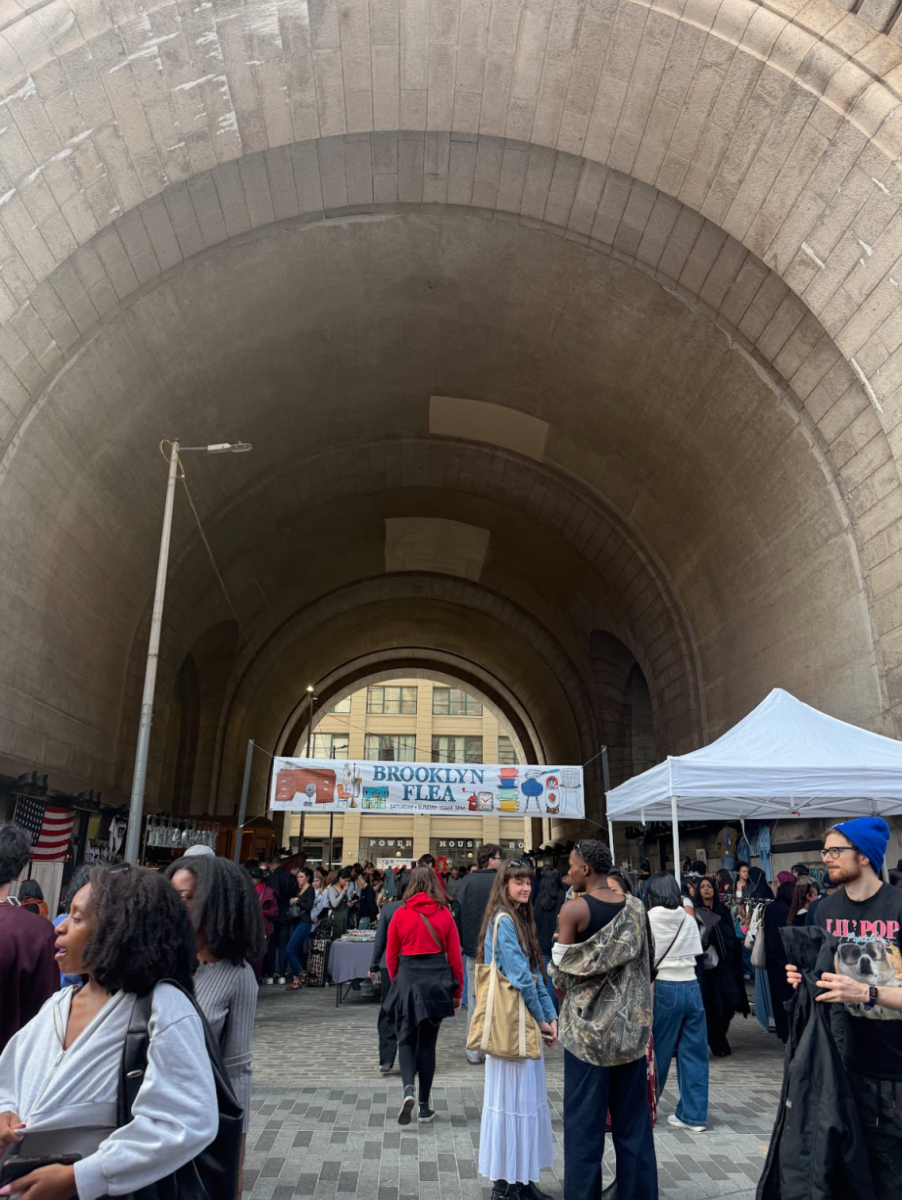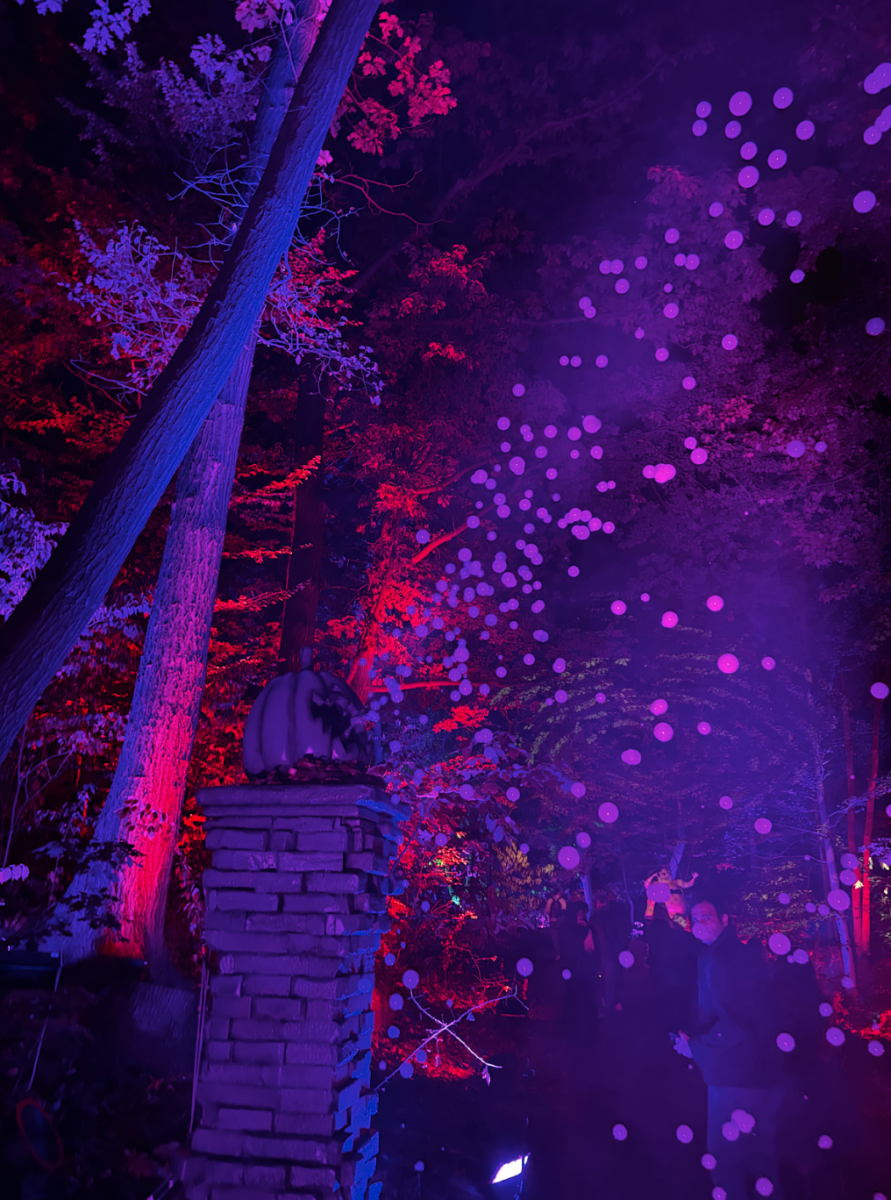Director and filmmaker David Lynch’s death has left a profound sense of loss in the film community. His surrealist style remains iconic, and his work continues to resonate with audiences. Lynch’s distinct style earned him a loyal following of fans, including myself. In memory of his life and work, the Roxy Cinema in the Roxy Hotel in Tribeca hosted showings of his films and short films.
I attended their 10 p.m. showing of “Twin Peaks: Fire Walk With Me.” The theater is on the hotel’s lower level, and as I walked through the Art Deco lobby and past the jazz bar, I was reminded of Agent Cooper’s dream sequences. The Roxy Hotel has been a patron of the arts for years, and the name pays homage to The Roxy Club on West 18th Street, which has since closed down. The hotel has been involved in the TriBeCa Film Festival and has hosted performances by Blood Orange and LCD Soundsystem.
I took my seat, and the “Twin Peaks” theme began to play as the lights dimmed. A reverent silence fell in the audience of about 15 other people. The theater was small, and a curtain drew to reveal the screen. When Lynch’s character appeared on screen, the audience let out a familiar laugh while he yelled all his lines at Agent Cole. The crowd cheered when Agent Cooper appeared. The psychological horror had a greater impact in the small theater filled with superfans who braved pouring rain for the screening, with the hotel’s architecture and atmosphere being perfect for a Lynch film.
Lynch artfully combined the monotony of small-town life with sinister storylines and chilling cinematography. As someone who has lived in a city, I find small towns foreign and somewhat unnerving. The subtle music and foggy countryside add a mysterious, quintessentially Lynchian atmosphere. Lynch’s work — especially “Twin Peaks” and “Fire Walk With Me” — creates a disturbing atmosphere by combining domestic with the depraved. Laura Palmer’s room is a prime example: complete with pink walls, lace curtains and floral bedding, her room is cozy and unassuming. The stark juxtaposition of innocent decor and the secret life Laura led contributes to the discomfort.
“Twin Peaks” explored themes of abuse, sexual violence and personal hypocrisy, with the occasional bout of comic relief. Lynch is famously meticulous, and the show within the show, “Invitation to Love,” acts as a satirical mirror to “Twin Peaks’” events. The cliche, soapy script is laced with surrealist elements and often incites more dramatic moments in the characters watching. The show’s tagline “Who killed Laura Palmer?” is reminiscent of “Dallas’” famous “Who Shot J.R?” “Twin Peaks” changed television by exhibiting all of its usual qualities in a surrealist environment. It aired on network television, which allowed it to reach a wide audience. As bizarre as it may be, “Twin Peaks” is accessible and enjoyable for mainstream audiences, and its success proved there was (and is) a market for more experimental television.
Granted, “Fire Walk With Me” was not as well received as “Twin Peaks,” with Quentin Tarantino calling David Lynch “up his own a**.” The film is heavier on the bizarre than the mundane and was widely ignored by American audiences, but it was compelling, and I still enjoyed it. Besides, Tarantino wouldn’t know anything about being pretentious. Fiona Apple can be his character witness.
Lynch’s legacy is evident in current television and film, and his artistry has been an inspiration for his cult following. His impact on the film industry has been indelible. Creators of iconic shows like Dave Chase of “The Sopranos” and “Mad Men” director Lesli Linka Glatter have cited “Twin Peaks” as an influence. His ingenuity and artistry have made a lasting impact on audiences and creatives, and his legacy will continue as long as there are surrealist television shows and experimental films.








































































































































































































